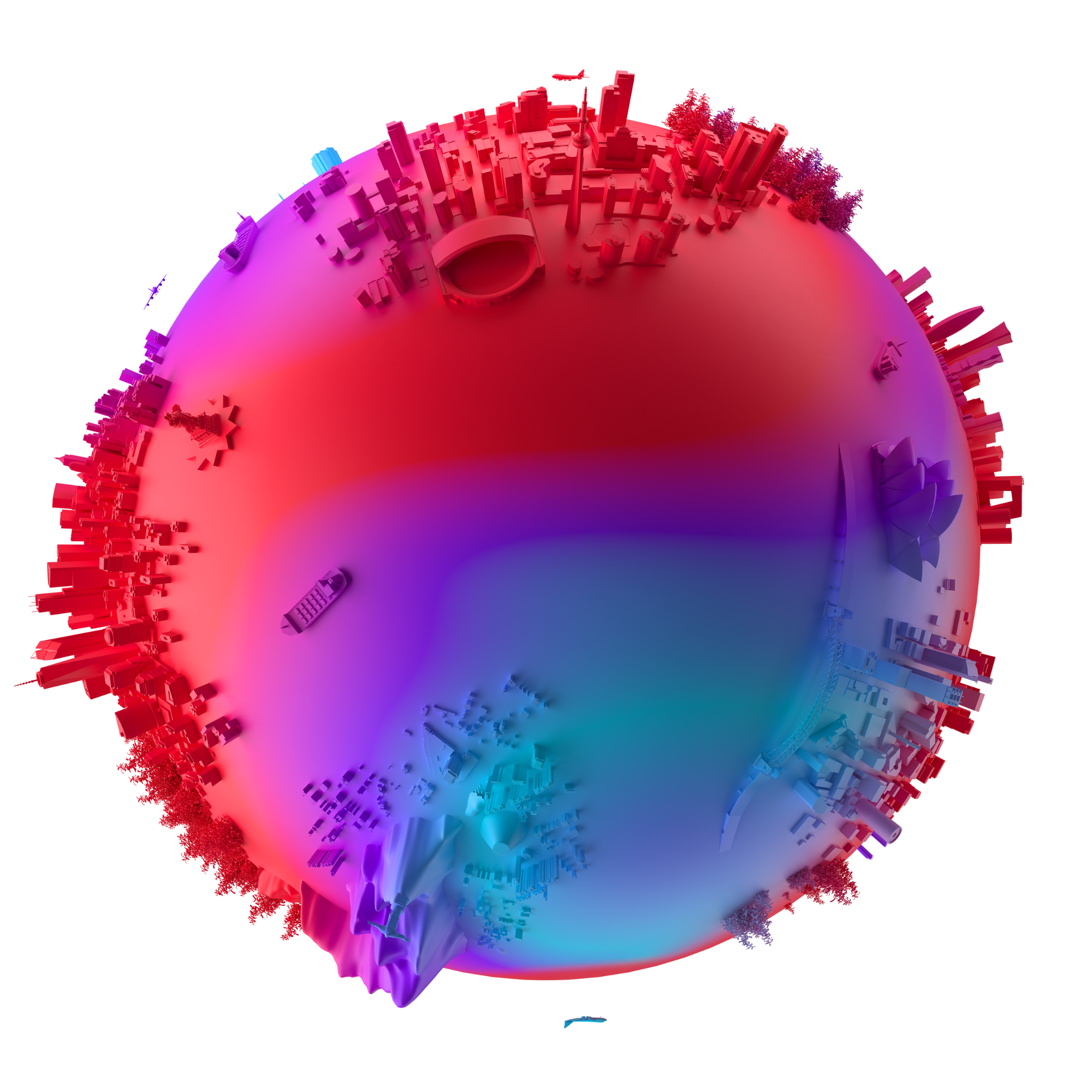Visual GPS Summer Update
New research by Getty Images shows that almost eight in ten people globally expect that companies and brands will be consistently committed to inclusivity and diversity in their advertising and say brands still need to go further to achieve genuine representation
Share this post
Nearly 80 percent of people globally have said it isn’t enough to have people of various ethnicities, backgrounds, and appearances in advertising but that they expect companies to do a better job at capturing people’s true lifestyles and cultures.
The new insights stem from the second global survey Getty Images has undertaken in partnership with YouGov for Getty Images’ creative insights platform Visual GPS, for which over 5,000 consumers were surveyed across 26 countries and in 13 languages.
The Visual GPS Summer Update also reveals that people (six in ten) prefer to buy brands that are founded by or represent people like themselves. These results hold steady across generations and gender, with only modest differences across global regions.
The company reports similar findings in its global customer search data, with searches increasing year over year for ‘diversity’ (up 133 percent), ‘culture’ (up 115 percent), ‘real people’ (up 115 percent) and ‘inclusion’ (up 126 percent). Additionally, from May to June alone customer searches on the Getty Images site for diverse images increased by 200 percent and searches for images around unity and equality increased by 500 percent, trends the company believes were further intensified as a result of anti-racism protests throughout June.
Findings around Bias and Discrimination
The Visual GPS Summer Update found that:
- Most people encounter bias, with six in ten (62 percent) feeling they have been discriminated against. Notably, this particular sentiment is more common among Gen Z relative to other generations, among women relative to men, and by consumers in the Americas, relative to Europe and APAC.
- Respondents in North America, relative to Europe or APAC said they experience discrimination based on the colour of their skin (57 percent) and more so than any other region, discrimination is seen as being based in people making assumptions about their background (53 percent). In Europe, those who feel discriminated against on the basis of race/ethnicity are most likely to say this is because of assumptions being made about their nationality or country of origin (56 percent).
- Of people who feel they have been discriminated against, only 14 percent say they are well-represented in advertising, and business communications are only marginally better at 15 percent.
To partner the new report, Getty Images has released an Inclusive Visual Search Guide. Developed off Visual GPS research findings, the tool has been designed to assist brands and businesses in making intentional content choices which drive authentic and inclusive representation in visual communications.
For more information on Visual GPS creative insights, please visit www.visualGPS.com.


